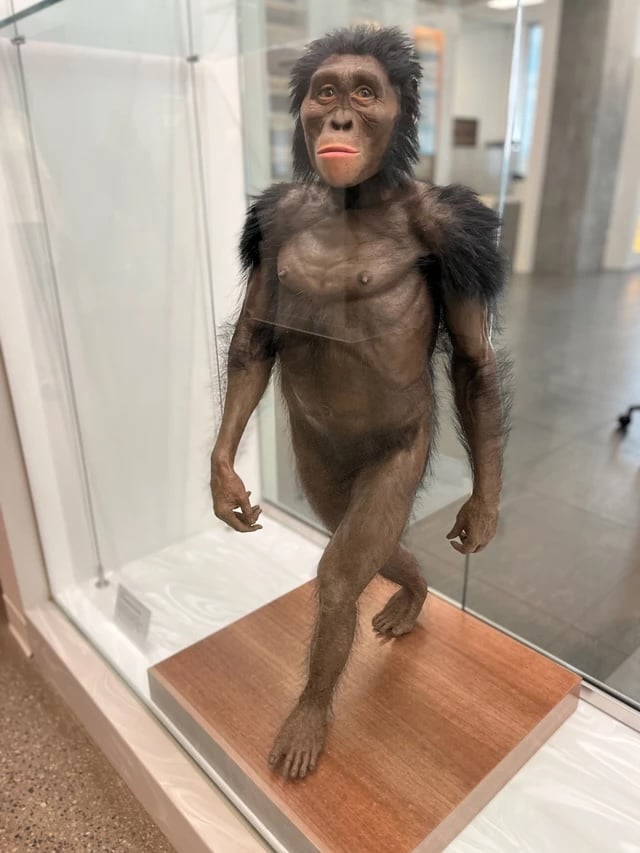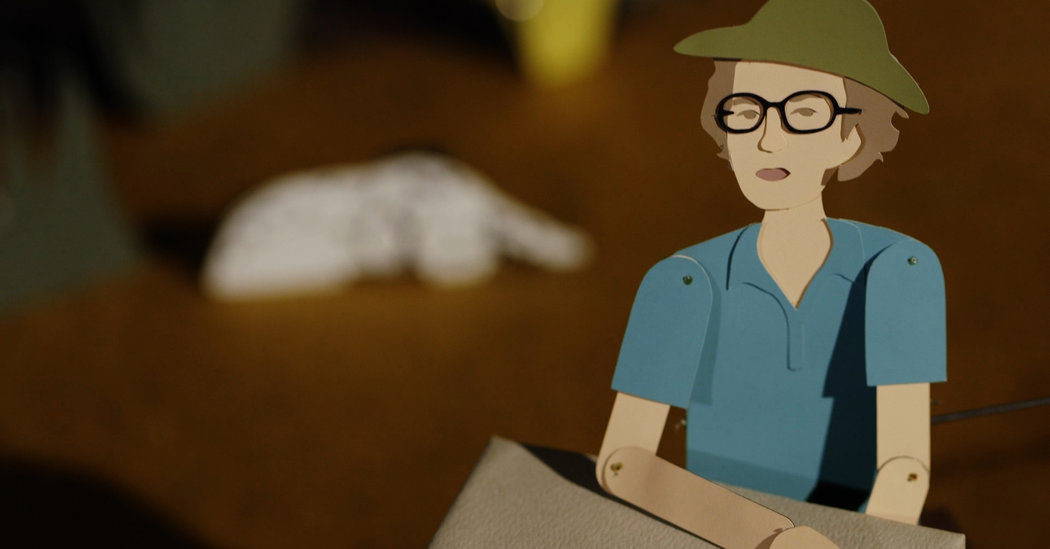Education | Lecture

Lucy is one of the most famous fossils of all time. The discovery of this species had a major impact on the science of human origins and evolution. Why? What was that impact?
Arizona State University’s Institute of Human Origins is celebrating the 50th anniversary of Lucy’s discovery with a symposium on Saturday, April 6, 2024, from 9:00 am to 5:30 pm MST.
You can watch live on their ASU Live website. Click here for details.
The symposium speakers—each a prominent scientist in their field—will address this question and specifically discuss the discovery’s impact through time, starting with the first few years after the discovery, the lasting impact, and the state of the art in that research area today.
The Impact of Lucy on Human Origins Science
Schedule, Speakers, and Topics
9:00 am Welcome and Introduction
Yohannes Haile-Selassie, Director, Institute of Human Origins, Arizona State University
Session chair: Yohannes Haile-Selassie
9:05 am Before Lucy: The state of knowledge on human origins
Donald Johanson, Founding Director, Institute of Human Origins, Arizona State University
9:25 am The discovery and initial interpretation of ‘Lucy’ as a tipping-point in paleoanthropology
Ian Tattersall, Curator Emeritus, American Museum of Natural History
9:45 am Lucy’s children and human origins
Zeray Alemseged, University of Chicago
10:05 am Break
Session chair: Chris Campisano
10:20 am What was Lucy’s impact on our understanding of other australopith relatives?
Bernard Wood, George Washington University
10:40 am The Savanna “Hypothesis”: Tracing an enigmatic idea through time
Kaye Reed, Institute of Human Origins, Arizona State University
11:00 am What was Lucy’s impact on our understanding of bipedality, diet, and encephalization?
Carol Ward, University of Missouri
11:20 am Lucy and evolution of hand dexterity and tool use
Tracy Kivell, Max Planck Institute for Evolutionary Anthropology
11:40 am How the paleo diet worked for Lucy—and led to us
Jessica Thompson, Yale University
12:00 pm How did Lucy become a fossil? Investigating the life, death, and preservation of a famous hominin
Anna K. Behrensmeyer, Smithsonian Institution
12:20 pm Lunch
Session chair: Denise Su
1:45 pm Lucy’s legacy and the past and future of primate research
Melissa Emery Thompson, University of New Mexico
2:05 pm Naming Lucy: Taxonomic reasoning in paleoanthropology
Andra Meneganzin, Kaatholieke Universiteit Leuven
2:25 pm Lucy’s contribution: Understanding the sequence of steps leading to human uniqueness
Kim Hill, Institute of Human Origins, Arizona State University
2:45 pm Lucy, African heritage, and ‘Paleodoms’
Job Kibii, National Museums of Kenya, Nairobi
3:05 pm The first paleo-rock star: Is Lucy still an influencer?
Ann Gibbons, Science Magazine
3:25 pm Break
Session chair: Curtis Marean
3:40 pm Fifty years since Lucy’s discovery: Advances in scientific knowledge on human
origins and the development of African paleosciences
Yohannes Haile-Selassie, Director, Institute of Human Origins, Arizona State University
4:00 pm Panel Discussions
Christopher Campisano, IHO Research Scientist, ASU Institute of Human Origins
Ann Gibbons, Science Magazine
Yohannes Haile-Selassie, Director, ASU Institute of Human Origins
Curtis Marean, IHO Research Scientist, ASU Institute of Human Origins
Kathryn Ranhorn, IHO Research Scientist, ASU Institute of Human Origins
Denise Su, IHO Research Scientist, ASU Institute of Human Origins
4:40 pm Question and Answer Period
Moderated by Denise Su
Email questions all day to iho@asu.edu
5:00 pm Concluding Remarks
Donald Johanson, Founding Director, Institute of Human Origins, Arizona State University
5:30 pm Session Ends
